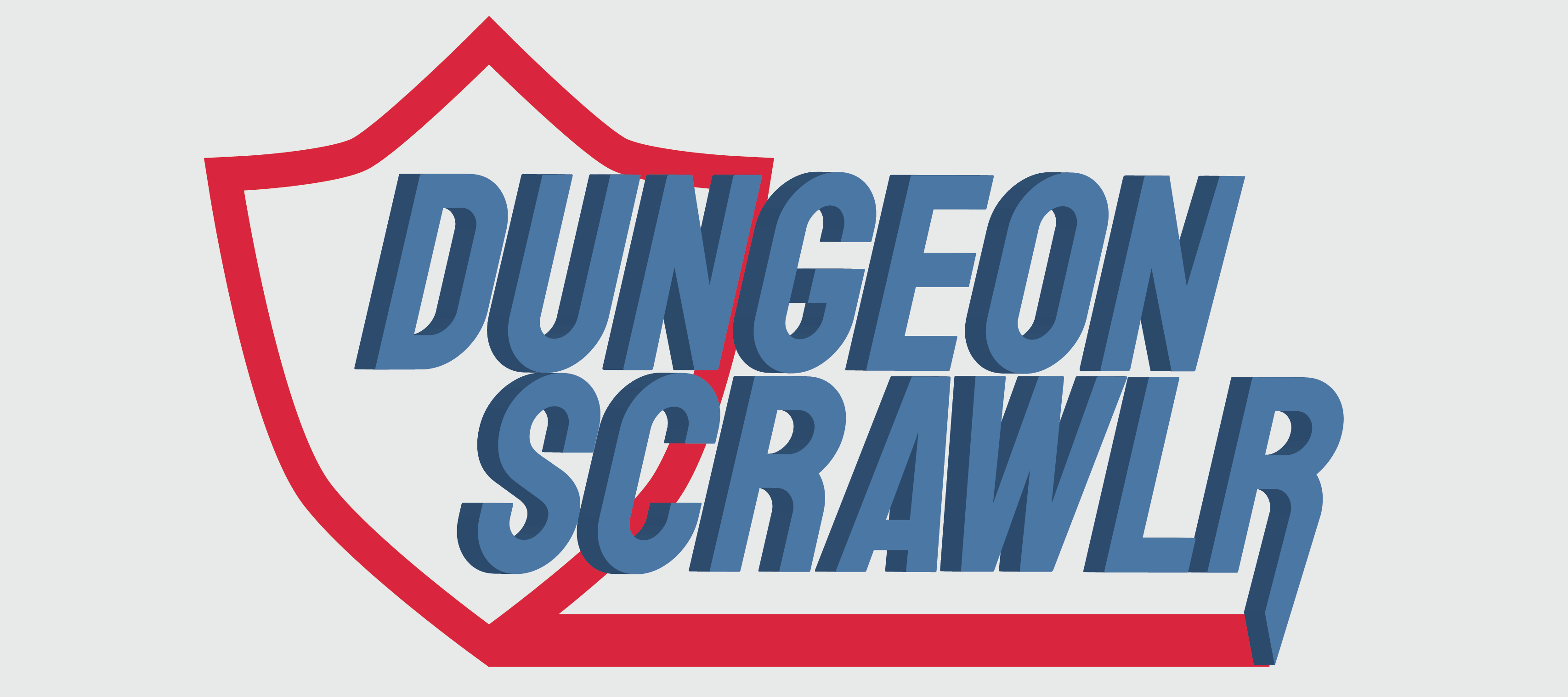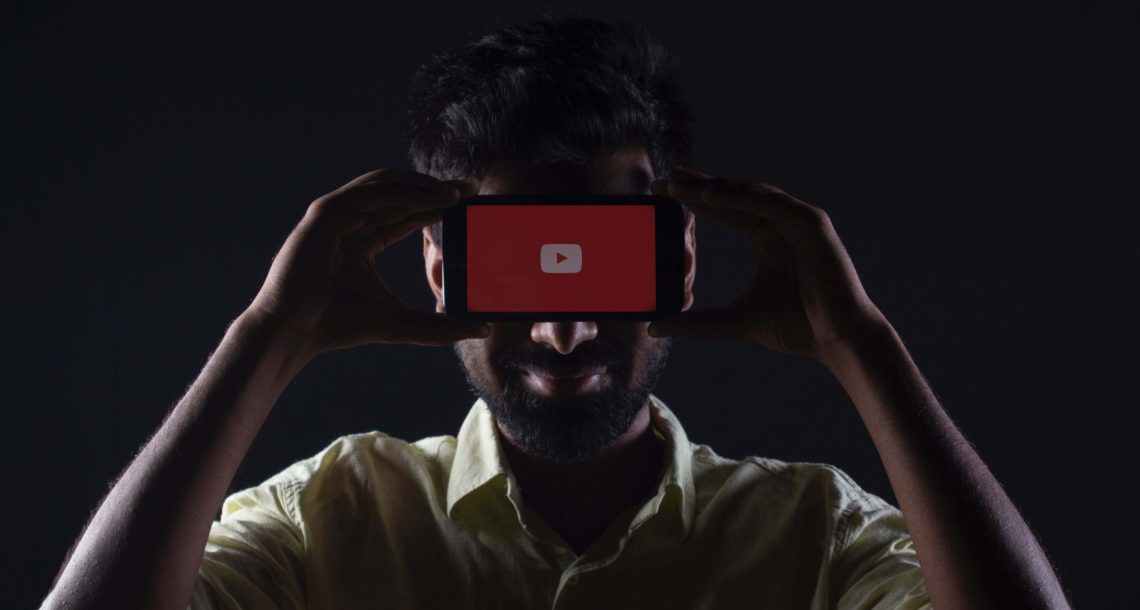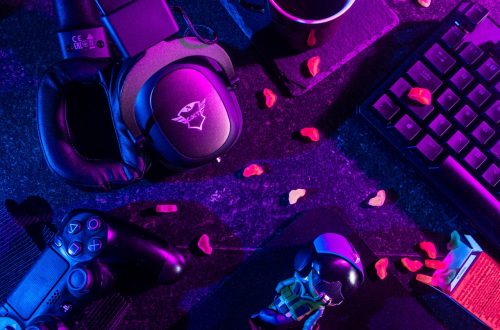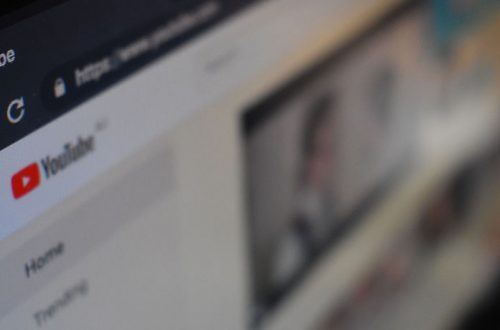So if YouTube counts as journalism, how do influencers come into play? Let’s find out!
This post may seem slightly out of touch with the rest of the blog if you haven’t read last week’s post. If you don’t feel like reading that right now, all you need to know is that gaming journalism is now heavily leaning into YouTube and other streaming websites. Everything that affects YouTube is also affecting the world of gaming journalism as they go hand-in-hand. Some influencers fit the gaming journalist bill almost exactly. Folks like Brian David Gilbert and the McElroys, who have worked for Polygon and other gaming news companies, are both internet celebrities and game journalists. Others fit our ‘Let’s Player’ definition: Pewdiepie, Markiplier, Jacksepticeye, others that I haven’t heard of since I was 13.
The Digital Problem
“Para-social relations may be governed by little or no sense of obligation, effort, or responsibility on the part of the spectator. He is free to withdraw at any moment. If he remains involved, these para-social relations provide a framework within which much may be added by fantasy.”
I could talk anyone’s ear off about a little (well, actually quite big) thing called parasociality. I’ve brought it up in pretty much every academic project I’ve ever done – this is no exception.
Parasocial relationships are the one-sided bond that forms between an icon and their audience. If you think of your favourite celebrity, there’s a 99% chance they don’t know you exist. But because we live in an era of Instagram and Twitter, we are constantly receiving information from our favs and perceive this as social interaction.
A few weeks ago I was alerted to an absolutely perfect example of parasociality in play. The Yogscast is a company of gaming YouTubers and streamers that have been around for over a decade, gaining fame from their World of Warcraft and Minecraft content. They’re very British, so much so that they weren’t comfortable enough to tell their stalking viewers to go away in their latest IRL charity stream. There are a few compilations of the stream on YouTube, and it’s as uncomfortable as it sounds. Even one of the members spoke out on Twitter about leaving prematurely:
As much as I love and appreciate meeting people while out, I'm less enthused about being followed. It is terrifying and that's why Leo and myself just dipped, we weren't able to be on stream anyway.
— bouphe (@bouphe) December 12, 2019
Obviously, it’s not acceptable at all and the fan mentality is a huge side-effect of social media. Admittedly, there isn’t much else you can expect when the largest British gaming channel wanders the streets of Bristol, it’s bound to attract fans. And if these fans are anything like my 13-year-old self, they’re gonna be thinking about that interaction with their favourite YouTuber for YEARS. There won’t be a single night where you don’t cringe or yell ‘WHY DID I SAY THAT’ at yourself. Why DID I say that?
Just don’t follow your favourite celebrities, is it that hard? Well, sometimes, yeah, it is.
Parasociality isn’t just cringy fan interactions. Awful things have happened because of these relationships, often as a result of lonely/mentally ill folk that don’t understand that the bond is all made up. And it’s terrifying because anyone with an internet connection can develop a parasocial relationship! Coupled with the fact that anyone can become an influencer, you could be the one that fans are idolising so unhealthily. THAT’S SCARY. And nobody talks about it!
Developments in live streaming hasn’t helped, either. Receiving audio-visual content, in (almost) realtime, with the benefit of a chatbox, is computed by our brains as social interaction. Of course, influencers can have actual dialogue through chats, Discord, or other similar platforms. But is that any healthier? It’s not just the fans that can end up doing dark things. For young and vulnerable people, parasocial relationships can make them feel valued, often ending in being taken advantage of. It’s awful and it’s not talked about enough.
Be a Casual Iconoclast
Iconoclasm is a fancy term for the rejection of idols or, in this case, influencers. I don’t encourage complete anti-influencer culture, because, well, I’m a normal person that enjoys celebrities as much as the next person. Simply understanding it is sometimes enough to separate yourself from the side effects.
What I’m really saying is that I keep a cool head with celebrities which is why I should be an interviewer, this is my audition, please consider me. I just really want to meet the cast of The Witcher. I swear I’ll be normal. I promise. What do you mean this isn’t looking good? I’m totally chill, okay? I’m fine. I’M FINE.
Parasociality is an increasing problem and something I hope you’ll take into account when interacting with your favs. Have you ever been affected by a parasocial relationship? I’m curious to find out other people’s experiences, let me know!






